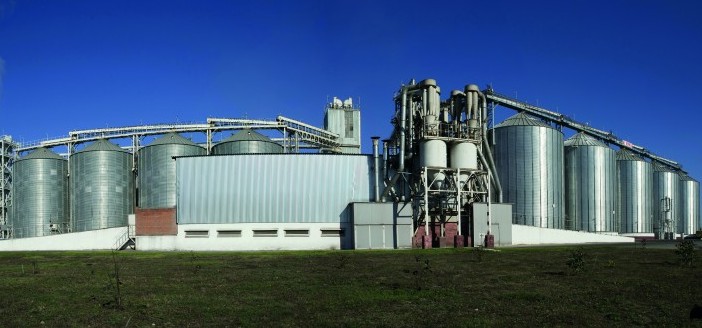The body representing the meat industry by-products sector has sought to reassure third country users and importers of processed animal proteins (PAPs) and animal fats that these materials pose no risk from African Swine Fever Virus (ASFV).
The feeding of PAP is currently banned in the EU, although discussions are underway about re-introducing the feeding of pig protein to poultry and poultry protein to pigs.
However, European rendering companies export PAPs)and animal fats to third countries. Some of these PAPs, such as porcine meals, mixed meals, blood meals and greaves meals, contain porcine materials.
The ongoing presence of ASF in Europe has prompted concerns within among enterprises in third countries about the safety of the products they are importing.
But EFPRA, which describes itself as Europe’s leading authority on the use, value and bio-security of edible animal fats and meat industry by-products, said there was no risk of transmission of ASF because of the legal safety rules regarding animal by-products within the EU.
“Safety of EU rendered products is based on safe sourcing and safe processing. Before any pigs are slaughtered for food production purposes, the animals are inspected by a qualified veterinarian (ante-mortem veterinary inspection). Only healthy pigs are approved for slaughter,” it said.
“The pigs can only come from farms that have no restrictions for slaughtering pigs in relation to notifiable diseases. Animal by-products exclusively from these healthy pigs slaughtered for human consumption are used to generate feed grade animal fats and proteins via safe rendering processes.”
There are 6 approved methods for processing porcine animal by-products, five of which stipulate temperatures in excess of 100°C for more than 16 minutes, which is more than sufficient to eliminate ASFV, EFPRA said.
The other method does not specify a fixed time/temperature but relies on a validated proof of efficacy over a certain time period of 30 production days. During that time microbiological standards have to be guaranteed. One is the absence of Clostridium perfringens in 1g of product in a sample of material taken directly after the treatment.
“The conditions needed to eliminate ASF are less intense than those required to eliminate Clostridium perfringens. Therefore, ASF will be controlled in all processed that eliminate Clostridium perfringens,” EFPRA added.
Meanwhile, Defra has told Pig World that it understands that the EU is ‘considering the lifting of the ban on inter-species feeding of non-ruminant feed, that is the feeding insect PAP to pigs and poultry and of pig PAP to poultry and poultry PAP to pigs’.
A Defra spokesperson said the UK Government supported ‘making appropriate revisions to legislation in a proportionate and precautionary way in response to changing scientific assessment of risk’.
But it is likely to be some time before the changes come into law as the risk of cross-contamination at feed mills remains a sticking point.
You can read more on the subject in the November issue of Pig World.




